
In a dramatic turn of events that exposed growing tensions inside the highest levels of the U.S. government, President Donald Trump reportedly erupted in fury after learning Elon Musk had been invited to attend a highly confidential Pentagon briefing focused on China. The tech mogul, who has increasingly embedded himself in government affairs through his leadership of the Department of Government Efficiency (DOGE), found himself at the center of a firestorm over concerns surrounding national security, loyalty, and corporate influence.According to multiple White House sources, the conflict erupted after Elon Musk somehow learned about a classified strategic session concerning China, a leak that immediately set off alarm bells in the West Wing. When President Donald Trump was informed that Musk knew about the session—and may have been planning to attend—he reportedly flew into a rage, exclaiming, “What the f**k is Elon doing there? Make sure he doesn’t go,” in front of senior staff.
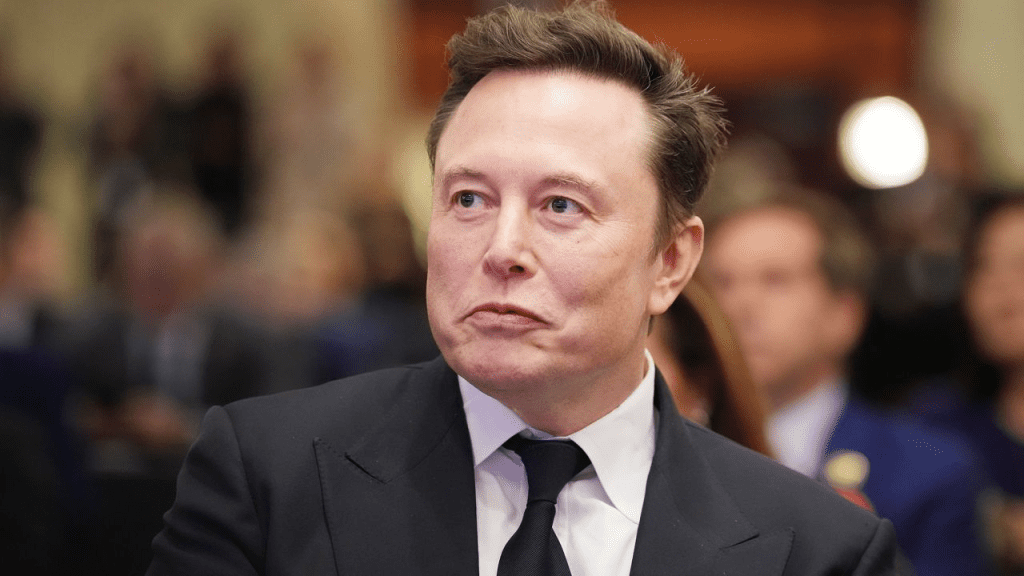
That moment, described by one high-ranking official as “a volcanic eruption,” sparked a chain reaction that reached deep into the Pentagon. Defense Secretary Pete Hegseth swiftly launched an internal investigation to determine who had leaked the classified information. The fallout was swift: two senior officials, Dan Caldwell and Darin Selnick, were suspended pending the outcome of the probe.Trump’s fury, insiders say, stemmed from two core issues. First, Musk’s sprawling business interests in China—especially the Shanghai Gigafactory that produces over half of Tesla’s global output—are seen as a glaring conflict of interest. Second, the unpredictable billionaire’s increasingly erratic behavior on social media and his alleged habit of blurring the line between public duty and private business have stoked mistrust within the administration.While Trump has previously praised Musk as a visionary and even gave him unprecedented access to federal agencies through his DOGE appointment, this episode seems to have pierced that camaraderie with a sharp political edge.“POTUS still loves Elon, but there are red lines,” one insider told Axios. “This meeting crossed one of them. The President was very clear—national security strategy, especially anything concerning China, is not to be shared with someone who has extensive dealings there.”
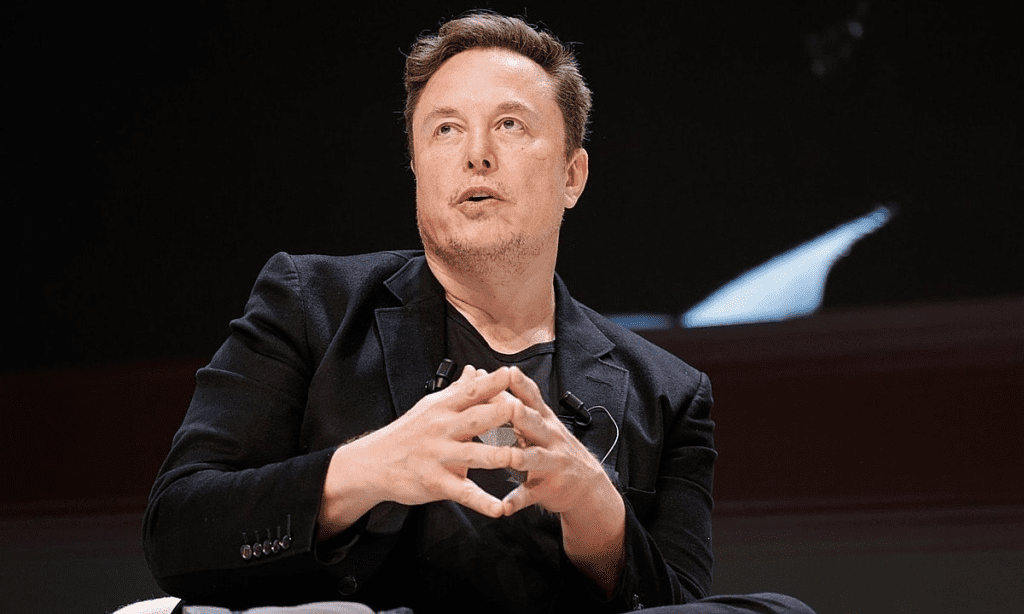
The situation became more complicated when The New York Times broke the story on March 20, reporting that Musk was scheduled to receive a classified briefing on U.S. military contingency plans should a conflict with China erupt. Though the report set off alarms throughout Washington and Beijing, Trump quickly moved to deny the story, calling it “completely untrue” and “disgraceful” in a scathing Truth Social post.Still, behind the scenes, the damage was done. Trump had already ordered the session canceled, furious that details had been leaked and that Musk was even considered for such sensitive matters.Despite the presidential order, the meeting went ahead in a modified form the following day. Musk arrived via motorcade at the Pentagon on March 21, greeted personally by Hegseth. The pair, joined by aides and military officials, held an 80-minute meeting during which, they later claimed, China was not discussed. When pressed by reporters outside the Pentagon, Musk offered a curt response: “Why should I tell you?”This lack of transparency only deepened the controversy. While the administration attempted to downplay the nature of the meeting, Trump remained incensed—not only at the perceived defiance of his directive but also at what he views as a broader issue of loyalty.
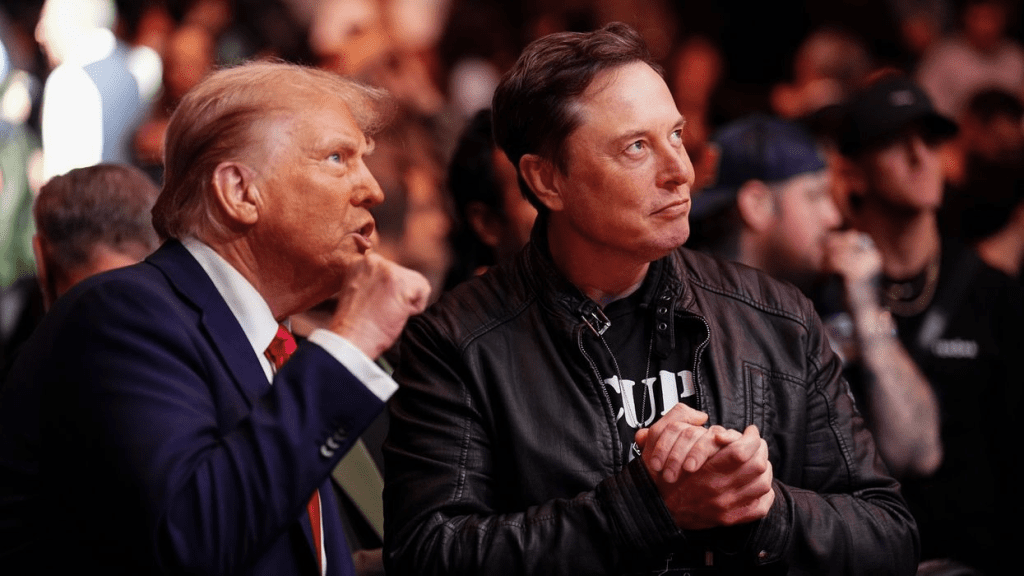
“You wouldn’t show this to a businessman,” he said in an off-the-cuff remark to reporters later that day. “Elon has businesses in China and he would be susceptible perhaps to that. We don’t want a war with China, but if it came to that, we are prepared—and we certainly wouldn’t share those preparations with someone who may not be fully on our side.”The explosive clash has also intensified scrutiny of Musk’s increasingly complex role in government. Since being tapped to lead DOGE, the billionaire has hosted regular White House visits, offered policy suggestions through his Grok AI system, and reportedly pushed for broad reforms across federal agencies.But his actions have drawn concern from multiple corners of the administration. One official, speaking anonymously, described Musk as “a walking conflict of interest” who “treats the government like a startup.” His frequent and often inflammatory posts on X, formerly Twitter, have not helped reassure skeptics.Meanwhile, Musk has fought back against what he views as malicious attempts to smear his name. In a post following the Times article, Musk declared, “I look forward to the prosecutions of those at the Pentagon who are leaking maliciously false information to NYT. They will be found.” That combative stance, combined with the suspensions at the Pentagon, has further poisoned the internal atmosphere.
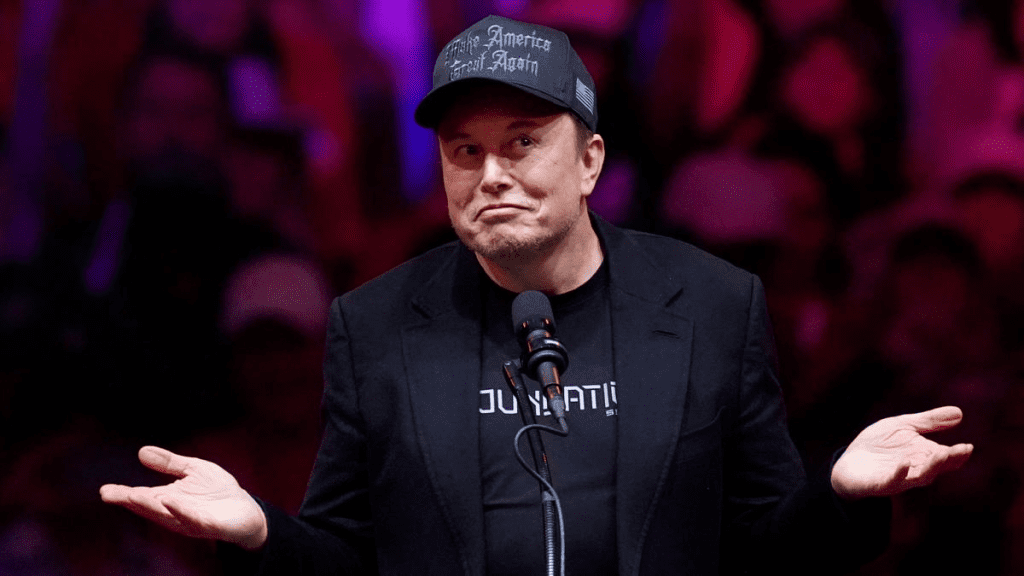
The stakes of the clash are heightened by the broader geopolitical backdrop. Relations between the U.S. and China are in freefall, with both sides locked in an escalating economic and technological cold war. The tit-for-tat measures have sparked market volatility and drawn concern from trade partners worldwide.Against this backdrop, any suggestion that Musk—a private citizen with deep Chinese commercial ties—could be privy to military planning has been politically radioactive. While the Pentagon insists no classified information about China was shared, the perception alone has rattled officials. Some fear Musk’s involvement may embolden Beijing or complicate diplomatic channels already fraying at the edges.The deeper irony is that Musk’s centrality to America’s space, energy, and transportation infrastructure makes his exclusion nearly impossible. SpaceX is the Pentagon’s key partner for satellite launches. Tesla remains the flagbearer of America’s EV ambitions.And Musk’s sprawling influence—from Starlink to AI—means he cannot simply be dismissed from Washington without significant fallout. That dual role—insider and outsider, asset and liability—has become the defining contradiction of Musk’s presence in American governance.
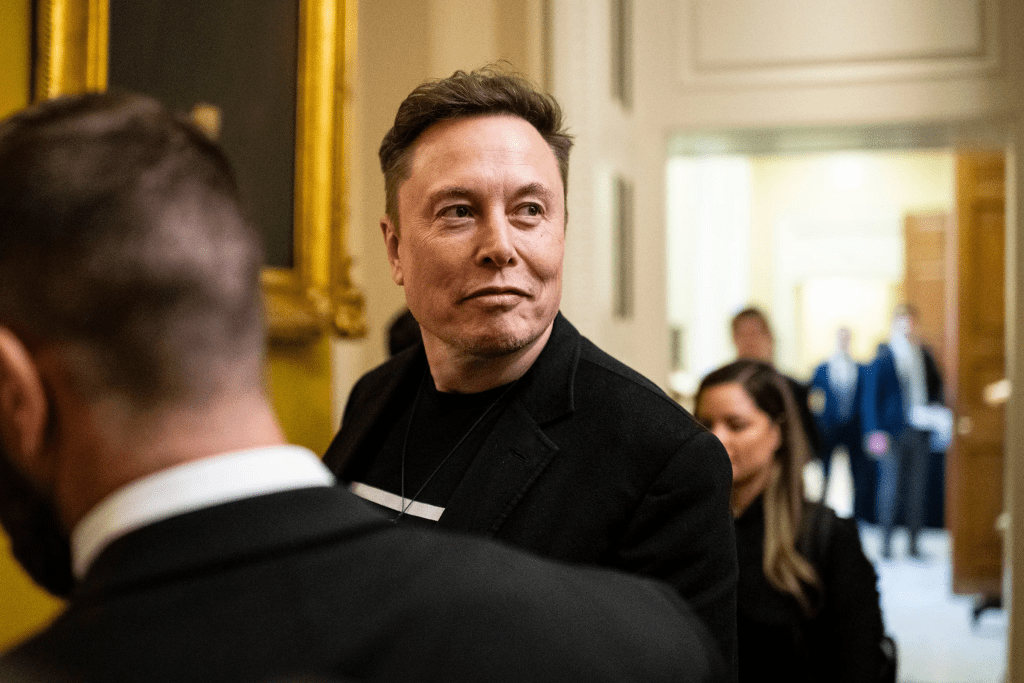
For now, the President has drawn a line. Musk may still be welcomed in many halls of power, but not in the ones that chart the nation’s most sensitive defense strategies. The fallout has exposed a fracture that could grow in the coming months, especially if Musk continues to blur the boundaries between entrepreneur, policymaker, and provocateur.One source close to the White House put it bluntly: “Elon Musk thinks he’s indispensable. Trump just reminded him who’s really in charge.”As China tensions deepen, the White House’s Musk dilemma may be far from over. If the tech billionaire continues to press his way into the core of national security discussions, he could find himself facing not only political resistance but also legal and institutional constraints.For now, the White House is sending a clear signal: no matter how powerful your company is, some rooms remain off-limits.


